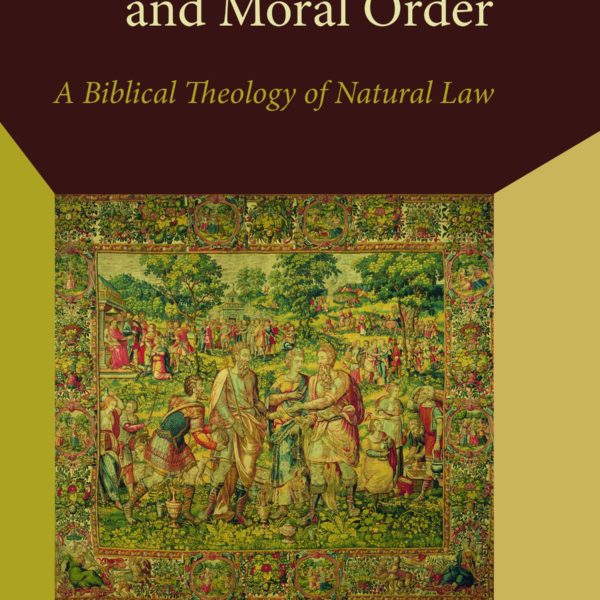
Jesus’ description of the scribes and the Pharisees in Matthew 23 provides us with an illustration of the corrupting effects of hierarchical power structures. Given the pervasive and entrenched character of such structures, escaping their perverse dynamics is easier said than done. Nevertheless, we are not left without means of resistance, perhaps the first of which are actions and words through which we make the unseen visible.

In his best-selling book Collapse: How Societies Choose to Fail or Succeed (Penguin, 2011), popular science author Jared Diamond meticulously and relentlessly plunges into a wide variety of historical case studies using what he terms the “comparative method” in order to answer the question that has preoccupied scholars from Edward Gibbon through Oswald Spengler – why do societies decline and ultimately disappear?

We had set out to follow in the footsteps of Thomas Müntzer, the ‘theologian of the revolution’ from sixteenth century Germany. Given that it was Germany, we expected everything to be organised down to the last detail – guidebooks, maps of bicycle paths and walking trails, a Müntzer tour linking all the sights, clear signs at each point indicating what Müntzer did where and when and how, even a government agency that focuses on this radical theologian. We found nothing of the sort.

King David’s actions in taking Bathsheba provide a shocking and illuminating case study in the behavior and psychology of impunity. The prophet Nathan’s employment of parabolic misdirection in his exposure of David’s sins suggests an effective manner in which such impunity can be confronted.

Our discomfort with the notion of God visiting the sins of parents upon their children may lead us to avoid wrestling with Exodus 20:5-6. This would be a mistake. This reference occurs in the context of the prohibition upon idolatry and challenges both our attempts to sanitize God and our idolization of our children.

Privilege is a ubiquitous reality in our world, though one to which we are often oblivious as privileged persons. In Paul’s description of his posture towards his privilege he gives us a worked example of what conformity to Christ can look like and poses the challenge to us to follow the same path in our own situations.

The Association for Continental Philosophy of Religion is pleased to announce an upcoming conference at Liverpool Hope University, UK, on July 10-12, 2015 exploring the theme: “Political Theology: The Liberation of the Postsecular.”




